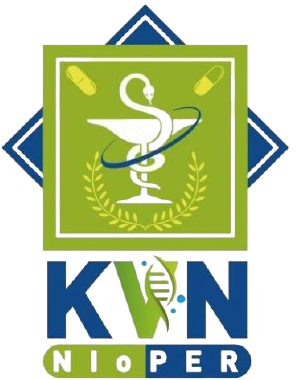About

Principal'
Message
Co-ordinator Message
Dear Friends,
In accordance with the guidelines provided by the National Assessment and Accreditation Council (NAAC), our college established the Internal Quality Assurance Cell (IQAC). Since its inception, Dr. K. J. Jagtap has been serving as the IQAC Coordinator. The IQAC has played a pivotal role in formulating and executing various policies related to quality education and infrastructural development. The IQAC Committee has been constituted in line with the NAAC recommendations and is functioning as a fully operational body.
In pursuit of its action plan for performance evaluation, assessment, accreditation, and overall quality enhancement, the IQAC conducts meetings at regular intervals. The proceedings of these meetings are meticulously documented. In addition, the Action Taken Report (ATR) and the Annual Quality Assurance Report (AQAR) have been systematically prepared and submitted.
Recognizing that quality enhancement is a continuous process, the IQAC has been integrated into the institutional framework and contributes actively toward achieving and sustaining the goals of quality assurance. Its primary objective is to develop a system that ensures conscious, consistent, and catalytic improvements in the institution's overall performance. During the post-accreditation period, the IQAC has effectively channeled all institutional efforts and initiatives toward fostering holistic academic excellence.
FUNCTIONS OF IQAC:
• Establishment and Implementation of Quality Standards:
Develop and enforce quality benchmarks for various academic and administrative activities to ensure consistent institutional performance and continuous improvement.
• Promotion of Participatory and Learner-Centric Teaching:
Encourage faculty members to integrate advanced knowledge and adopt innovative pedagogical approaches and technologies to foster a participatory and learner-focused educational environment.
• Stakeholder Feedback Mechanisms:
Facilitate the collection and analysis of feedback from students, parents, alumni, and other stakeholders on institutional processes that influence educational quality and outcomes.
• Data Dissemination on Quality Metrics:
Regularly share relevant data and analysis related to higher education quality indicators to support informed decision-making and transparency.
• Promotion of Quality-Oriented Activities:
Initiate and support quality circles, and organize inter- and intra-institutional workshops, seminars, and expert lectures on topics related to quality enhancement.
• Documentation of Quality Initiatives:
Maintain systematic records of institutional programs and initiatives aimed at quality improvement to ensure accountability and facilitate assessment.
• Coordination of Quality Enhancement Practices:
Oversee and guide quality-related activities, including the adoption of best practices and the implementation of strategies that align with national and international standards.
• Fostering a Quality Culture:
Cultivate a sustained culture of quality by engaging all members of the institution in ongoing dialogue and practices that prioritize excellence in teaching, research, and governance.
• Preparation of the Annual Quality Assurance Report (AQAR):
Compile and submit the AQAR in alignment with NAAC guidelines, providing a comprehensive account of institutional efforts toward quality enhancement.
Prof. (Dr.) Kanchan J. Jagtap
M. Pharm, Ph.D.

